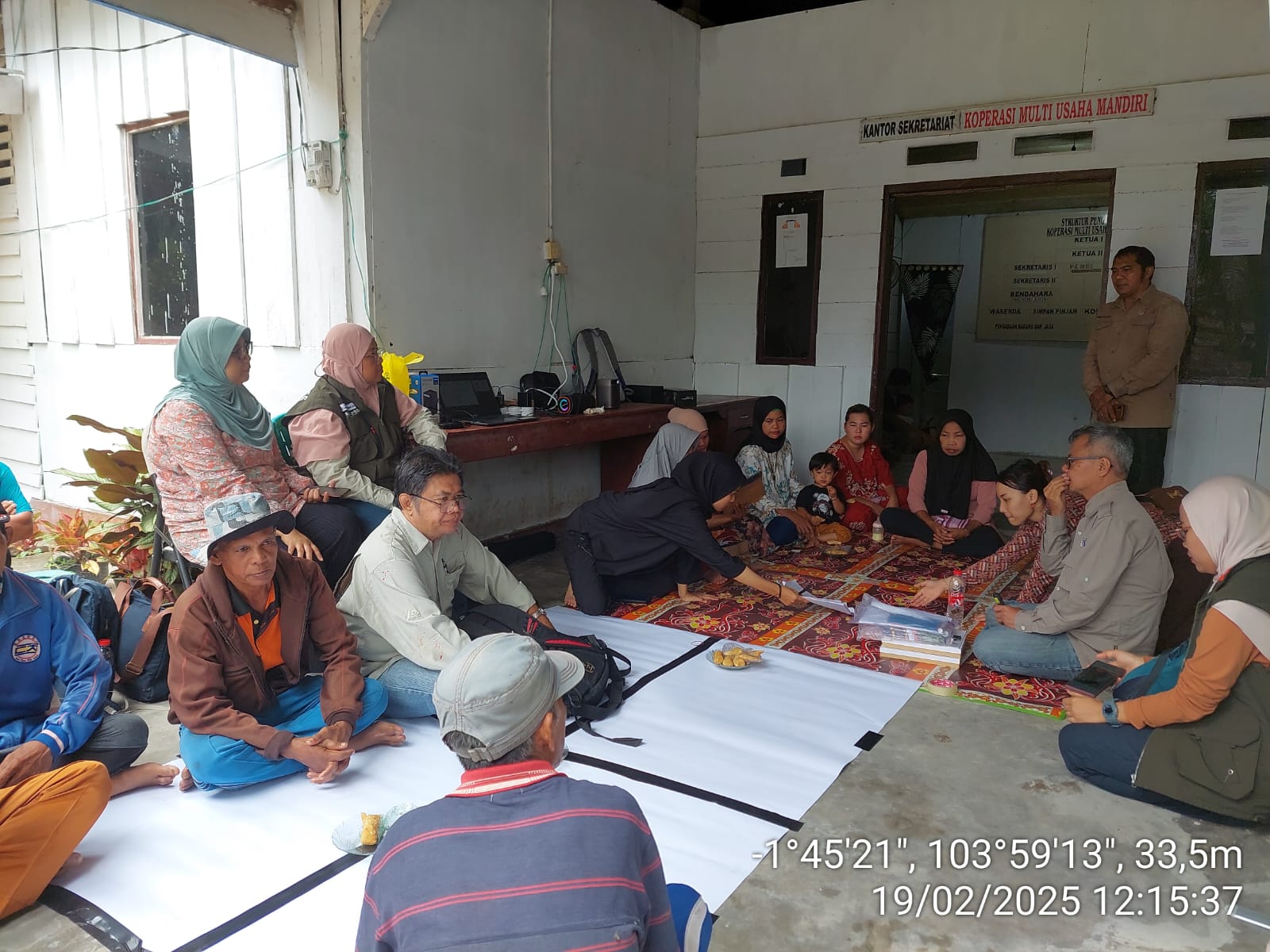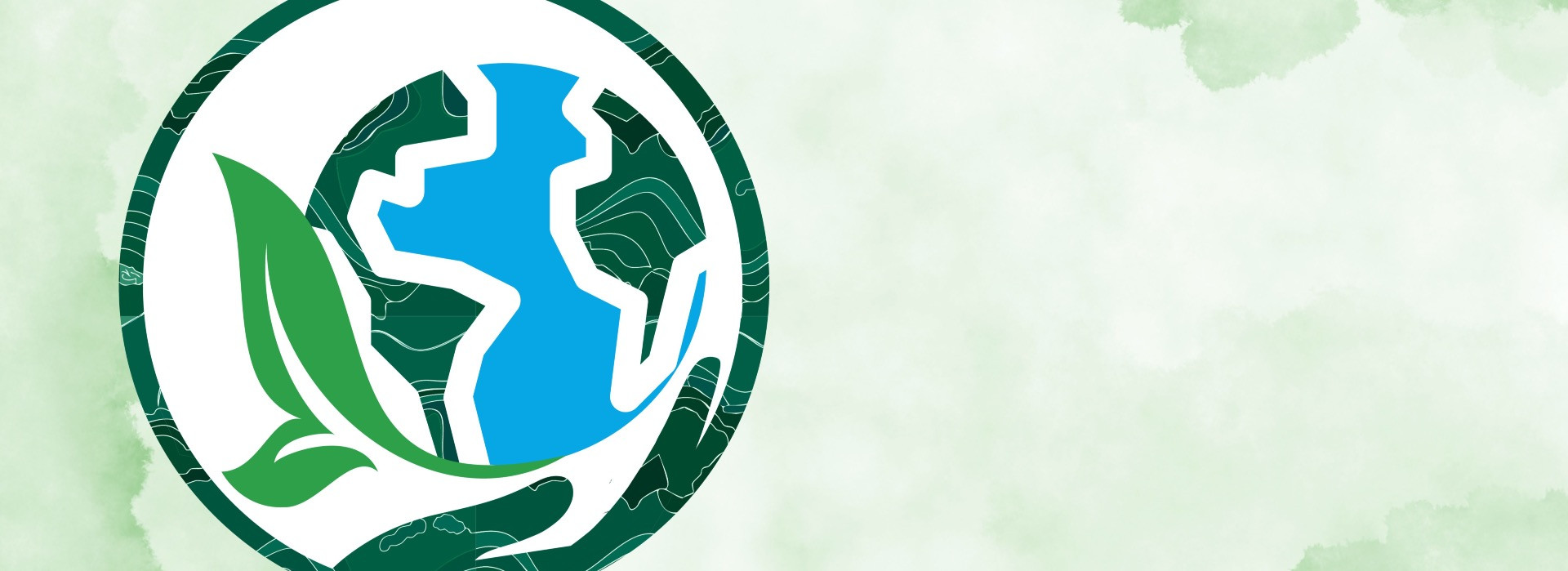Listening First: Shaping Sustainable Peatland Restoration with Communities at the Center
As we mark Earth Day 2025, the FINCAPES Project reaffirms a simple but powerful principle: before restoring ecosystems, we must first listen to the people who depend on them.
Earlier this year, FINCAPES convened a Stakeholder Engagement Forum in Jambi, gathering insights from government agencies, NGOs, academics, and community representatives. The forum was not a project launch—it was a space for dialogue and collective learning to inform how FINCAPES can shape peatland restoration efforts that truly last.
Why Peatlands—and Why Now?
Indonesia’s peatlands are not just biodiversity hotspots—they are natural climate regulators and lifelines for rural communities. Yet in places like Muaro Jambi and Sungai Gelam, decades of unsustainable land use, particularly for oil palm cultivation, have left peatlands dry, degraded, and highly flammable.
Recognizing this, FINCAPES—with support from Global Affairs Canada (GAC) and in collaboration with IPB University—is preparing peatland restoration activities that prioritize community ownership, nature-based solutions (NbS), and long-term sustainability.
What We Heard: Insights from the Ground
The forum revealed key themes that will shape how FINCAPES moves forward:
- Restoration must be community-led. Short-term, top-down projects often fail. Sustainable restoration means listening to farmers, building trust, and supporting locally rooted solutions.
- It’s not just about replanting—it’s about livelihoods. Communities need more than seedlings. They need business models, market access, and technical mentorship to thrive with eco-friendly alternatives like coconut, jelutung, pineapple, and watermelon.
- Women play a central but often overlooked role. Though they may not own land formally, women are key decision-makers in what gets planted and how land is managed. Gender-sensitive approaches are essential.
- Fire risk demands community preparedness. Local fire brigades like Masyarakat Peduli Api (MPA), trained with support from Manggala Agni, are vital to prevent recurring peatland fires.
The Stakeholder Forum was not an end, but a beginning.
It provided a shared understanding of the complex social, ecological, and economic dynamics that must inform FINCAPES’ workplan for Jambi. From land tenure challenges and interethnic dynamics to plant species suitability and market readiness—every insight is helping shape a smarter, more inclusive approach.

The FINCAPES team and IPB experts sat down with the local community to hear their ideas and insights for upcoming restoration plans—making sure everyone’s voice is heard, especially women’s.
Informed by these lessons, FINCAPES will:
- Develop restoration designs that align with community aspirations and capacities
- Prioritize manual, non-destructive land preparation methods
- Support the development of gender-responsive livelihood strategies
- Collaborate with IPB to build a Center of Excellence for Nature-Based Solutions (I-CAN) that turns field experience into scalable knowledge
This Earth Day, as the world rallies around environmental action, we are reminded that the most effective solutions are those built with the people they’re meant to serve.
FINCAPES is committed to listening first, co-creating pathways for restoration that protect not only landscapes—but also livelihoods, identities, and futures.
Reflecting this year’s Earth Day theme—Our Power. Our Planet.—we believe that while the power lies in local action, the planet is our shared responsibility. This Earth Day, let’s stand behind community-led restoration—for the health of our people, our ecosystems, and our collective future.
Let’s restore right, together.
